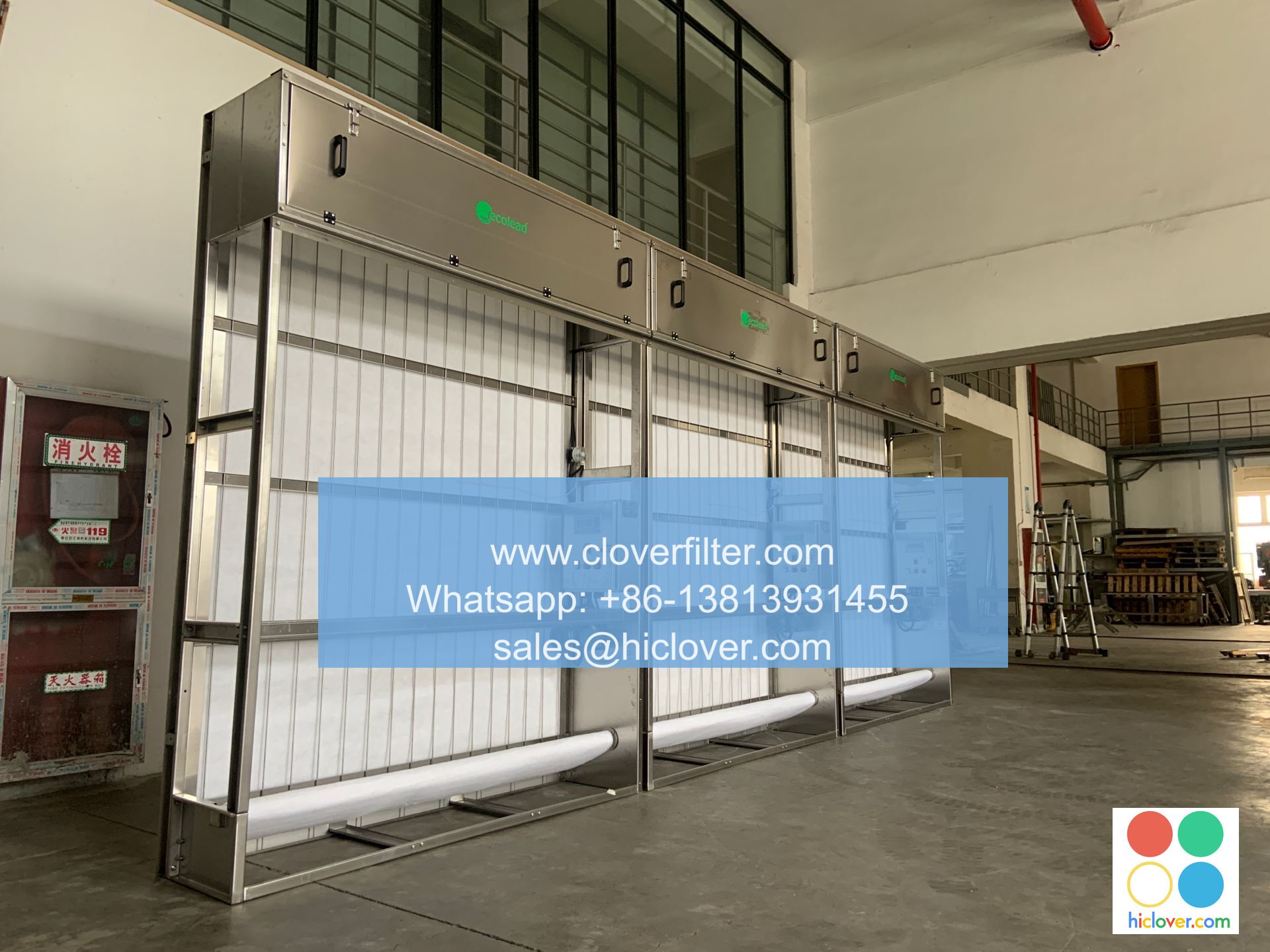The Rise of Smart Air Filters: How High-Performance Technology is Revolutionizing Clean Air

The Rise of Smart Air Filters: How High-Performance Technology is Revolutionizing Clean Air
As the world becomes increasingly aware of the importance of air quality, the demand for effective air filtration systems has never been higher. Traditional air filters, while effective to some extent, have limitations when it comes to capturing small particles and contaminants. The introduction of smart air filters has changed the game, offering high-performance technology that is revolutionizing the way we breathe.
What are Smart Air Filters?
Smart air filters are advanced air purification systems that utilize cutting-edge technology to capture small particles, contaminants, and pollutants, providing cleaner and healthier air. They use advanced filter media, sensors, and algorithms to continuously monitor and adjust their performance in real-time, ensuring optimal air quality.
How Do Smart Air Filters Work?
Smart air filters work by collecting airborne pollutants and particles, including:
- Particulates: Dust, smoke, and other airborne particles
- Gases: Volatile organic compounds (VOCs), ozone, and other gases
- Mold and bacteria: Microorganisms that can cause allergies and respiratory issues
- activated carbon: To capture gases and VOCs
- HEPA filters: To capture 99.97% of particles as small as 0.3 microns
- Electrostatic precipitators: To capture larger particles and contaminants
- UV-C light: To kill mold and bacteria
- Commercial spaces: Offices, restaurants, hospitals, and hotels
- Industrial settings: Factories, warehouses, and manufacturing facilities
- Automotive: Cars, buses, and airplanes
- Agricultural: Greenhouses, barns, and livestock facilities
- Healthcare: Hospitals, clinics, and medical facilities
- Improved air quality: Capture 99.97% of airborne pollutants and particles
- Enhanced health: Reduce the risk of respiratory issues and allergies
- Increased productivity: Improve indoor air quality, leading to better focus and productivity
- Cost-effective: Reduce energy consumption and maintenance costs
- Real-time monitoring: Track and adjust air quality in real-time
These smart air filters use a combination of filters, such as:
Applications of Smart Air Filters
Smart air filters are not just limited to residential use; they have various applications across:
Benefits of Smart Air Filters
Smart air filters offer numerous benefits, including:
Conclusion
The rise of smart air filters has revolutionized the way we think about air quality, providing high-performance technology that is dedicated to capturing small particles and contaminants. With its various applications and benefits, smart air filters are poised to become the new standard in air purification. Whether in commercial, industrial, or residential settings, smart air filters are the solution to cleaner, healthier air for a better quality of life.
I’m ready! What would you like to talk about or prompt me to generate?

